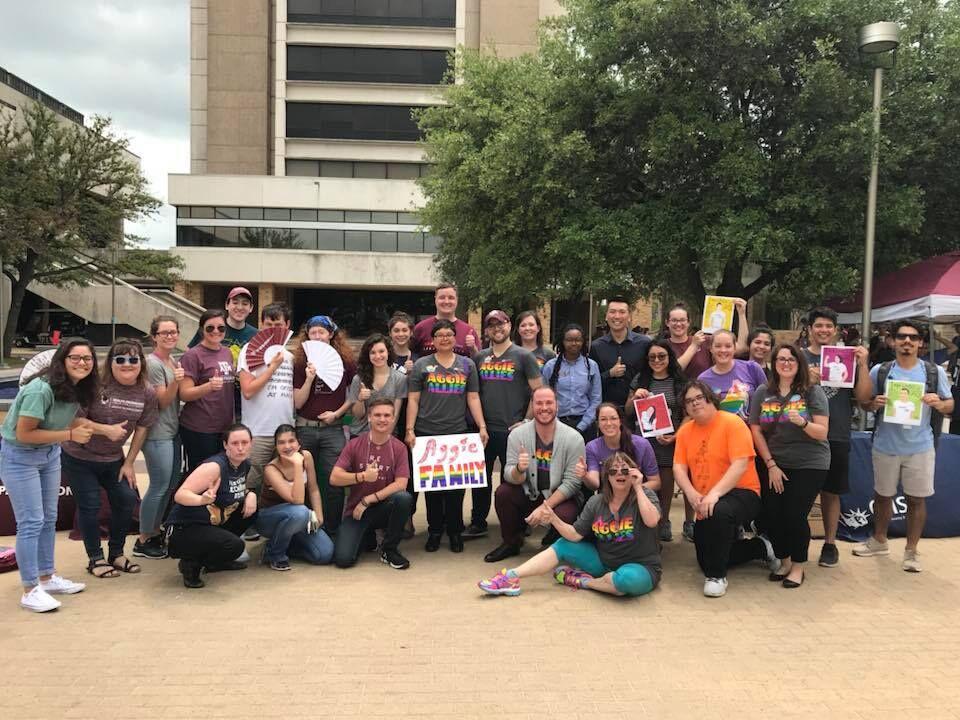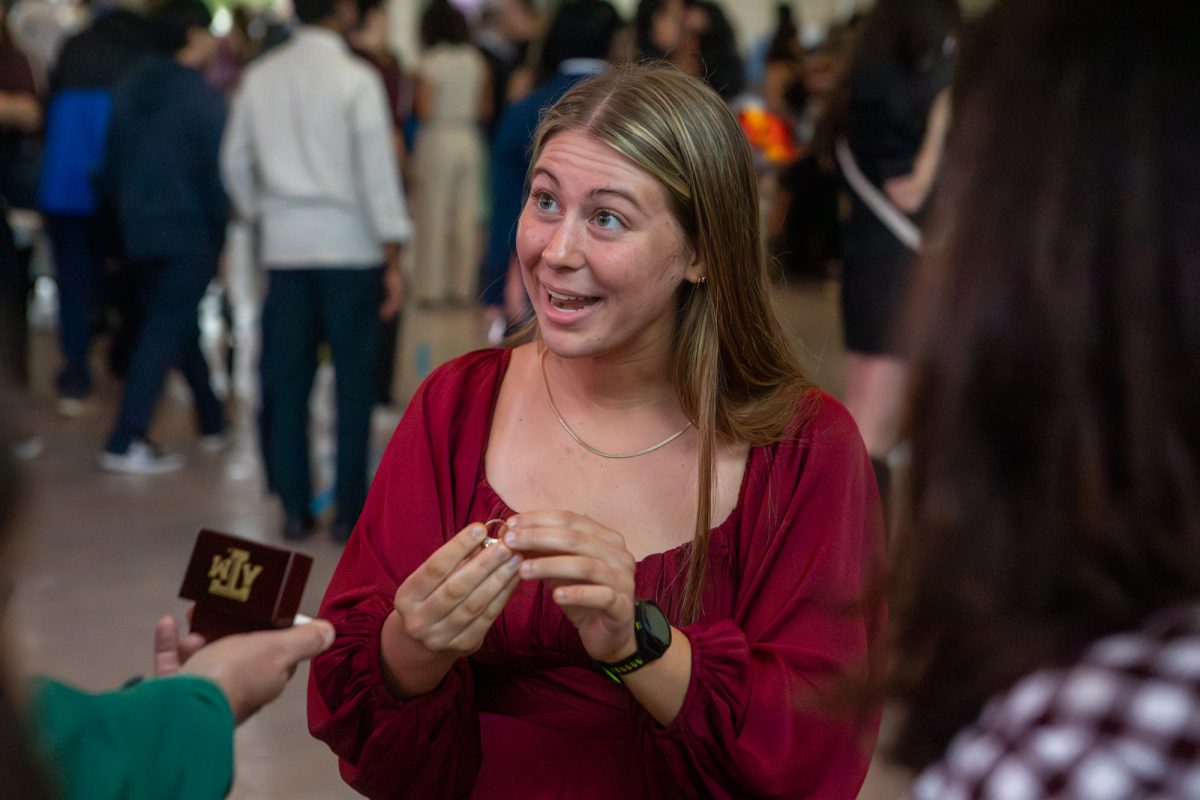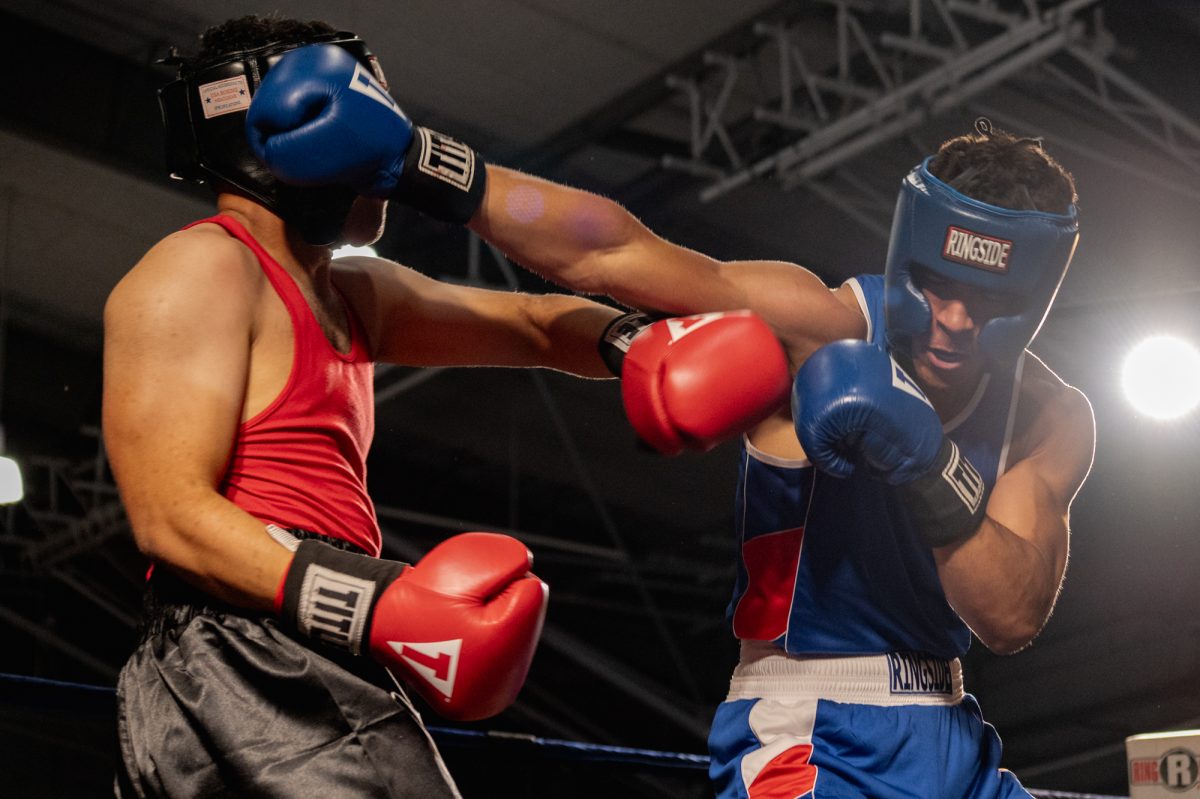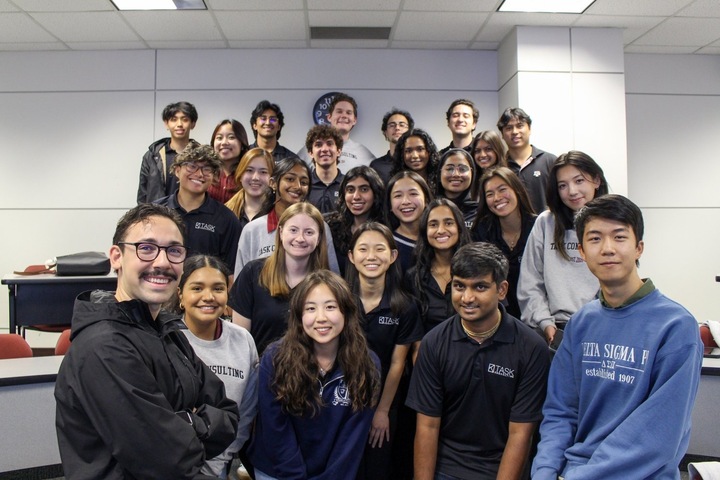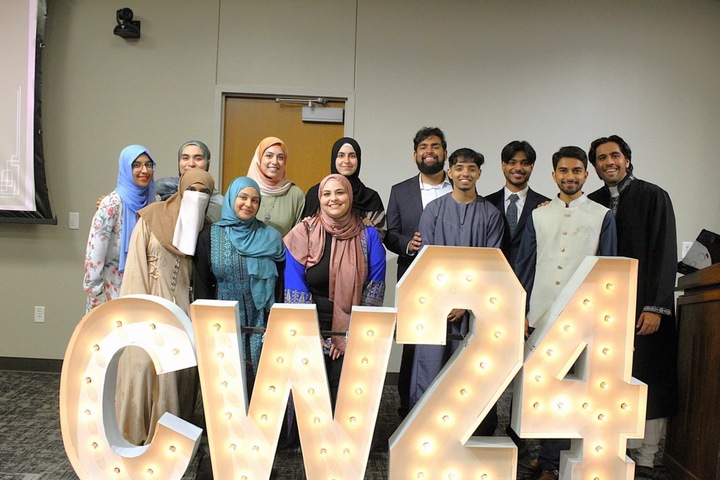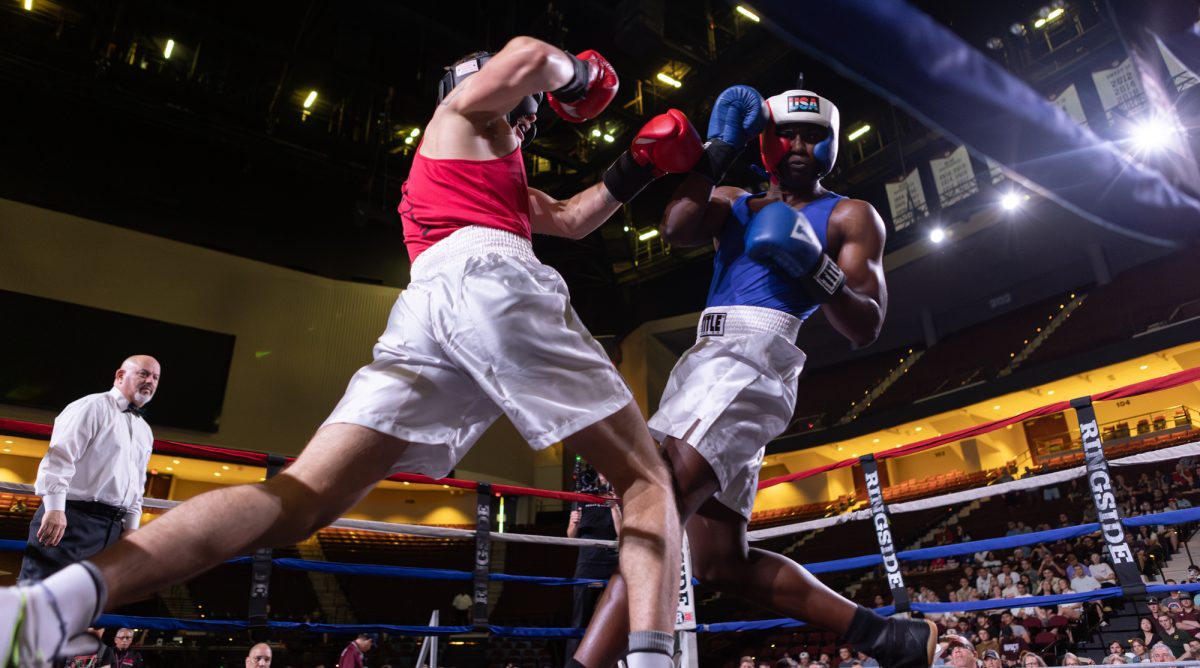Since 1993, Aggie Allies has aimed to promote self-acceptance in Aggieland by providing a safe haven and secure support system for members of the LGBTQ+ community.
Aggie Allies is an educational organization that seeks to provide secure spaces on campus to all LGBTQ+, students, staff, faculty and community members. These safe spaces are curated through ally workshops and the portrayal of ally placards on staff members offices and residence halls, which identifies allies as individuals who are willing to provide a listening ear and support for anyone who may be struggling with their identity.
According to the Aggie Allies website, there are three types of memberships for Aggie Allies: full members, who have completed training and are committed to maintaining updated trainings for future workshops, an associate member, who has completed a training session but not within the last three years and sponsors who have shown their support to Aggie Allies through service and financial contributions.
Aggie Allies president Jennifer Bradford said she recommends Allies take their three-hour workshop once every three years.
“We tend to update it around that time and add in important issues that are happening currently,” Bradford said. “That way, people are abreast of all the things that are going on.”
Aggie Allies was started by staff in the Division of Student Affairs in 1993, and Bradford said they launched it when they realized A&M needed to provide enhanced support for the LGBTQ+ community.
“We have really grown since then,” Bradford said. “Our board is composed of community members, faculty, staff, graduate students and undergraduate students. Our members consist of so many different people too. At my last count, I think we had over 1000 current allies.”
During ally workshops, Bradford said they begin by teaching basic terminology before shifting to discussing what privilege means and how intersecting identities and advantages work together.
“We cover ‘What does CIS mean?,’ ‘What exactly does trans mean?,’ What are all these terms that people are hearing, like asexual, bisexual, gender, age, gender [and] pansexual,” Bradford said. “Unless you’re really familiar with [the] LGBT community, those are not terms that a lot of people truly know.”
Other topics Bradford said they cover during ally workshops are the coming out process, imagery that A&M uses to reinforce heteronormative ideologies and what faculty can do to make their classrooms more more open, friendly and supportive.
Bradford said as an ally, it’s important to not only show support, but to also provide safe spaces on campus.
“It was only a few years ago that Texas A&M got off the list of the [20] most unfriendly campuses to LGBT students and faculty and staff,” Bradford said. “As an ally, it’s really to let people know, ‘Hey, I’m an ally, and I’m here for you. And I support you. And if you need someone to talk to you, I’m a safe space.”
Aggie Allies award coordinator Katrina Stewart said her experience with Aggie Allies since 2003 has been very gratifying.
“Originally, I got into [Aggie Allies] because the workshops used to have panels of LGBT people from the community and from the university, and I used to be on those panels,” Stewart said. “From Aggie Allies, I learned most of my facilitation skills, which I have used in adult education and in a variety of roles teaching about LGBTQ+ people.”
Aggie Allies’ workshops provide education on fundamentals, Stewart said.
“It’s the most fulfilling thing to teach new people about concepts like homophobia, heterosexism, privilege and all the sorts of things that we cover.” Stewart said.
The services Allies provides, such as safe zones, training, programs and educating on the basics of how to be there for someone else, is the most effective thing that Allies do as an organization, and Stewart said it goes beyond A&M’s campus.
“We have had Rice University for instance, come and observe our presentations to develop their own program,” Stewart said. “A few of us presented at one of The Creating Change Conferences, which is one of the biggest LGBT conferences in the nation, about safe space programs and the Aggie Allies model in particular.”
Aggies Allies is always looking not only for event volunteers but for people to teach future workshops, Stewart said. Allies is also always open to work with entities on and off campus in terms of their provided safe zone training.
Information for those interested in being facilitators and presenters for Aggie Allies can find more information on their website.




